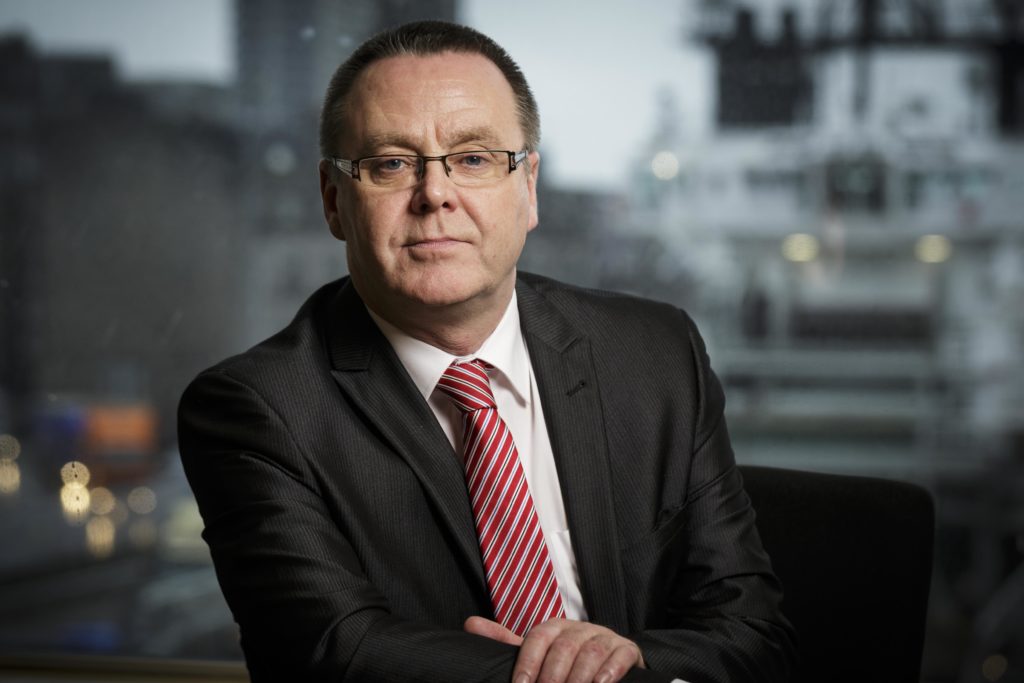
Many offshore workers have “lost faith” in employers’ commitment to safety standards, a union boss said.
RMT regional organiser Jake Molloy said pressure on costs posed a “big threat” to the industry’s safety culture.
Workers fear that firms are making costs and efficiency a higher priority than safety.
He said: “A lot of workers have lost faith. A lot of them have expressed the view that safety is only really an issue when it suits.
“If there are cost pressures and efficiency measures to be taken, that will take precedence and I think that has been seen in some of the cases we have raised.
“The statistics may not reflect that, but the attitudes and behaviours of people have, without question, been impacted by the austerity of the last three or four years.
“Thankfully we have not seen any major event, but we have a rebuilding job to do in terms of changing attitudes and behaviours.”
Last year marked 30 years since the Piper Alpha disaster and 2019 marks the same milestone since the Offshore Installations (Safety Representatives and Safety Committees) Regulations 1989 came into effect.
The regulations allow workers to elect safety representatives (reps) to promote health and safety.
Mr Molloy said there have been recent cases where safety reps have been “disadvantaged” and treated unfairly by employers, which the union has reported to the Health and Safety Executive (HSE).
He described it as a “damning indictment” of the industry, adding now may be the time to review the legislation to empower reps offshore.
Mr Molloy said: “In the last three months, we’ve dealt with safety reps who have been treated unfairly and have been victimised. Most workers are assessed in an annual performance basis. When we find workers being marked down on their job performance, and we start to dig into it, we find astonishing statements from managers saying, ‘you’ve been marked down because you’ve been raising safety issues and your role of safety rep should be considered as part of your job’.
“It’s not and never should be. It breaches statutory provisions, which is why we had to report it to the HSE. Their investigations are ongoing
“Industry would argue that these are isolated cases, but they are cases which have compelled us to make formal complaints to the HSE. We shouldn’t be doing that 30 years after the regulations have been introduced. It’s a failing and a damning indictment on the industry that managers are still reacting in the way they are to safety reps.”
Helicopter travel is another focal point in RMT’s discussions.
Last month the Crown Office announced a Fatal Accident Inquiry (FAI) into the 2013 Super Puma crash off Sumburgh which killed four people.
Mr Molloy believes the six-year gap means it may have come too late. He is sceptical about the benefits to be gained from any recommendations stemming from an FAI, given that a number of safety measures have already been introduced since 2013.
He said: “What more an FAI is going to do in that respect, I just can’t see anything other than the pain and grief for all the families who lost loved ones and for those workers who are still living with the stress of that traumatic event.
“It is too long to wait. That whole judicial system needs to change to make it relevant and worthwhile.” There are still strides to be made in terms of helicopter safety, he said, adding: “It would be utopia to see offshore workers queue up the way you see holidaymakers queue up to fly over the Atlantic.
“It would be great to see offshore workers do what comes naturally to the public at large in terms of boarding a transport system which is virtually guaranteed to transport them and get them back safely.
“These guys look like they’re going into a hostile environment with the kit they have on now, and all that does is make it more uncomfortable and raise this undercurrent of concern.
“We’re now training people to use breathing systems to go offshore to work. I think it is a tragedy.”
